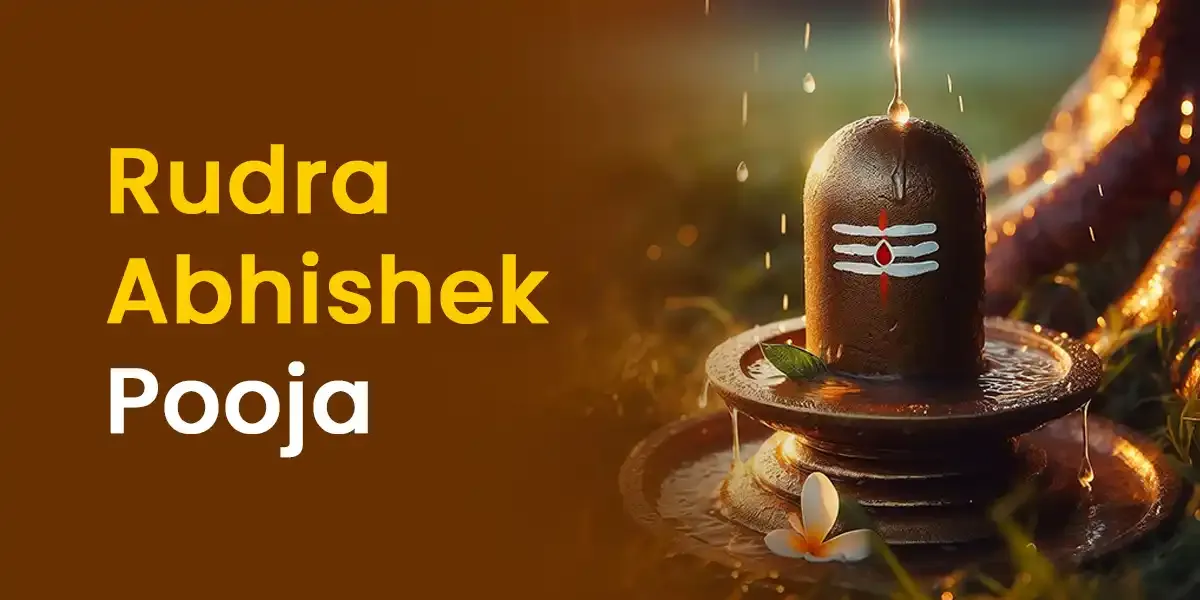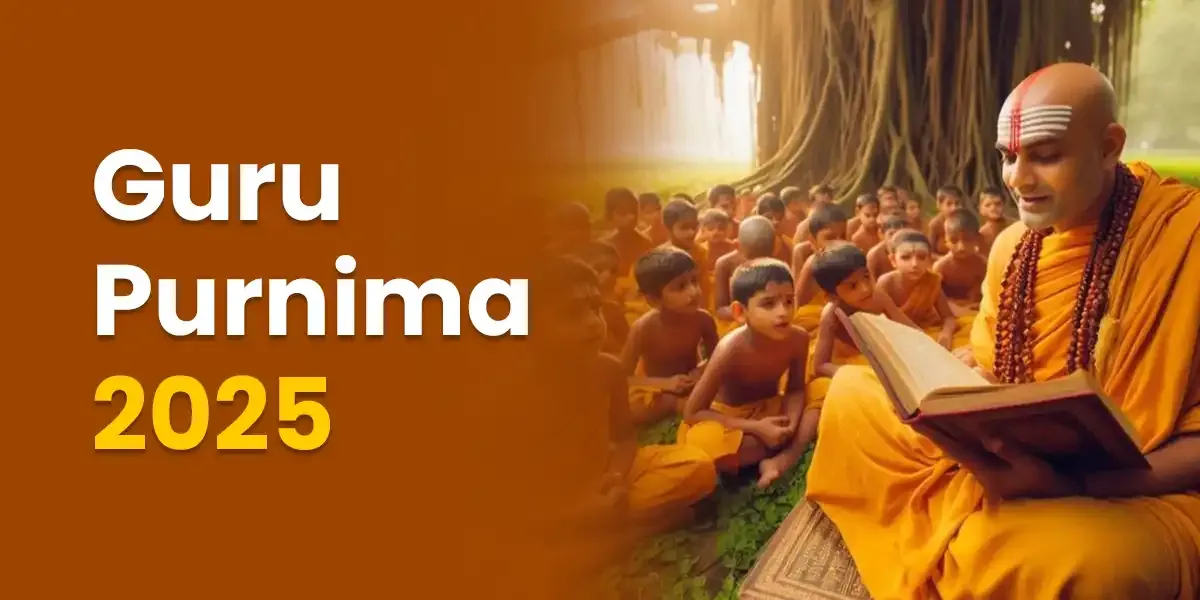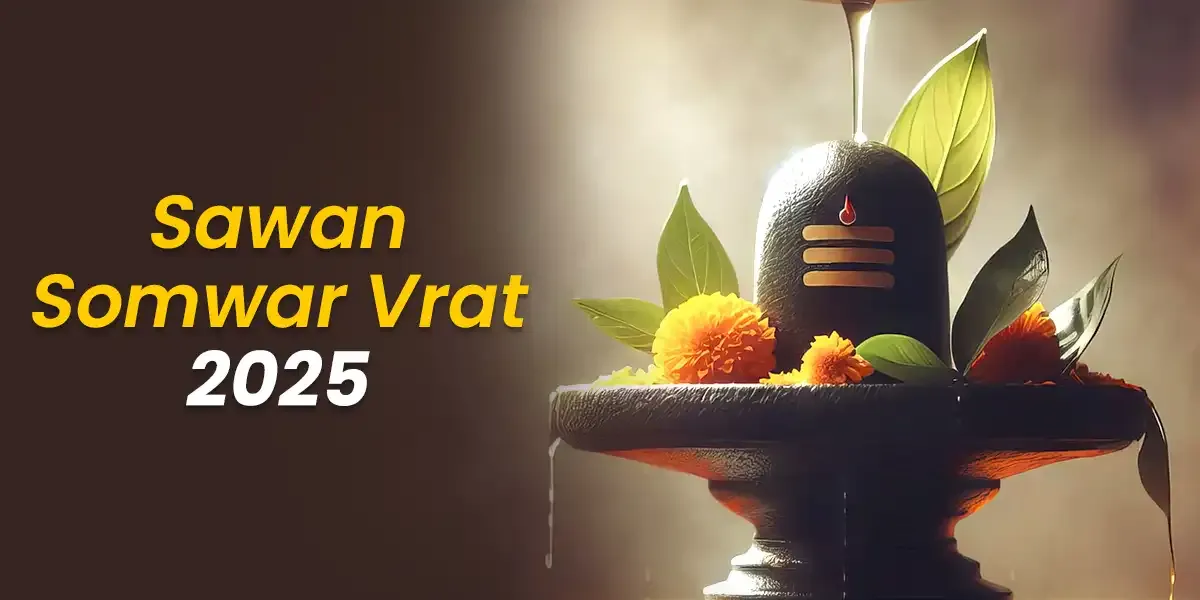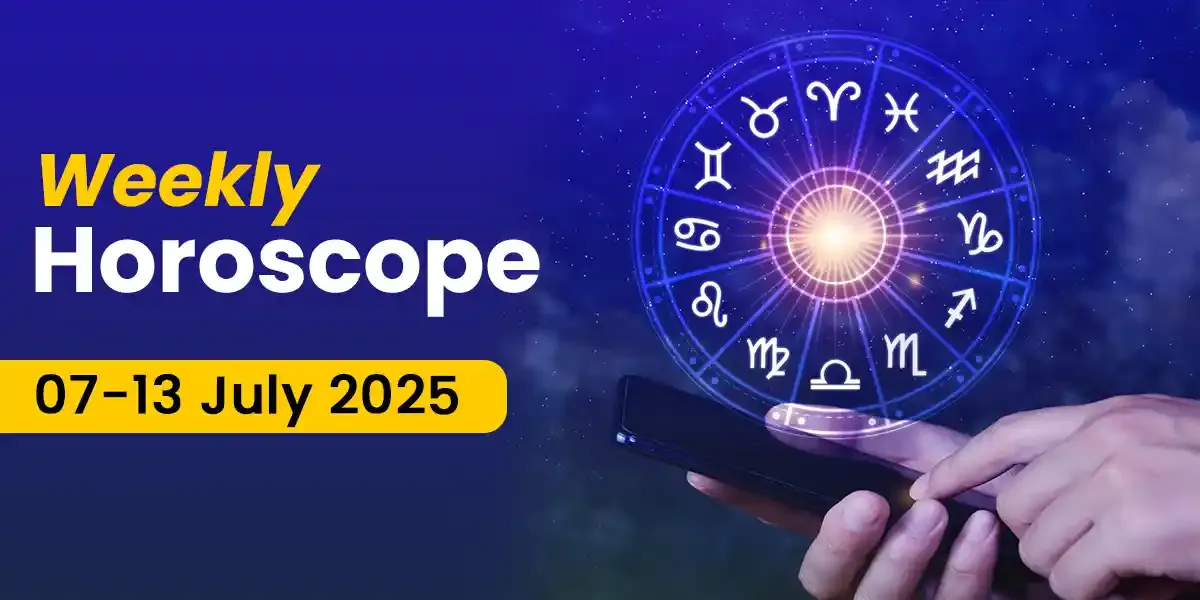
On Ekadashi, devotees pray to Lord Vishnu to seek his blessings while observing a fast. There are 24 Ekadashi that fall in a year with two in a month.
Nirjala Ekadashi, the most important and significant Ekadashi of all, falls on the 11th Lunar Day (Ekadashi) of the waxing fortnight of the Hindu month of Jyeshtha, which corresponds to the May/June of the Gregorian Calendar. This year, Nirjala Ekadashi will fall on 21st June 2021.
Nirjala Ekadashi is different from the other Ekadashi. On this day, the devotees keep a fast without consuming even a drop of water, unlike the other Ekadashi, when only abstinence from food is observed.
Significance of Nirjala Ekadashi
Nirjala Ekadashi is also called Pandava Ekadashi or Bhima Ekadashi, as this fast was first observed by Bhima, the second and strongest of the five Pandava brothers. Bhima loved food and could never stay hungry for long. When Bhima expressed his desire to keep all the Ekadashi fasts that fall in a year, the Sage Vyasa, knowing his weakness, suggested he keep the Nirjala Ekadashi fast, as keeping this one fast is equivalent to keeping all the 24 Ekadashi fasts that fall in a year.
Keeping a fast on Ekadashi is said to wash away the sins and invite blessings of Lord Vishnu.
Nirjala Ekadashi Rituals
Those who keep a fast on this day have their last meal (in which rice cannot be included) an evening before, after performing prayers to Lord Vishnu.
The next day, devotees offer prayers in front of an image or an idol of Vishnu. If there is an idol, it is given a bath first with panchamrita (a mixture of milk, curd, ghee, honey, and sugar), then washed with water and dressed in fine clothes. Flowers and fruits are offered to the deity. A lamp is lit in front of the deity and incense sticks are lit. Aartis of Lord Vishnu are sung with devotion.
In the evening, the deity is worshipped with Durva grass. The devotees stay awake the whole night chanting mantras or reading stories of Krishna or meditating on the different forms of Vishnu.
An important ritual during Ekadashi is to donate clothes, food items, umbrellas, hand-fans, slippers, etc., to Brahmins.
Consult our expert astrologers online to learn more about the festival and its rituals.
Nirjala Ekadashi Vrat
As the name suggests, this fast is observed without drinking water (Nir=water, Jala=without) for 24 hours. Devotees start the fast with the sunrise on Nirjala Ekadashi and break it on the next day at sunrise (called Ekadashi Parana). Since the day falls in the hottest month of the year, this adds to the austerity of the fast. Because this fast is difficult to keep, many devotees break it at sunset on that very day. Those unwell are advised not to keep this fast.
Those fasting till the next day, break the fast by drinking salted lemon water. It is mandatory that the Ekadashi Parana should be done within the Dwadishi Tithi during the Pratahkal.
Our in-house team of writers comprises of vibrant, like-minded, and curious souls who are passionate about helping people find joy and motivation through the magic of words. Our writers are keen on using their skills to make the study of divination sciences a guiding tool in people's lives. They hold expertise in writing on a myriad of topics related to Indian Astrology, Spirituality, Planetary Movements, Vastu Shastra, Numerology, and Tarot among several others. The Astroyogi team aims to write articles that can help the readers lead a life of peace and tranquility whilst enjoying the many ups and downs of life!

































